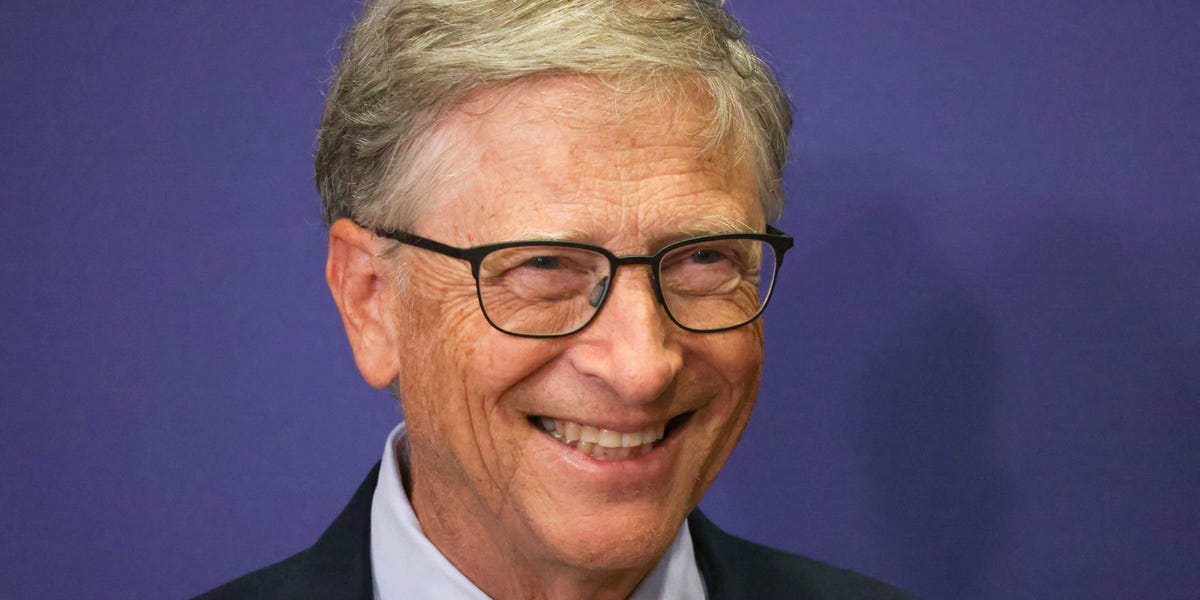Many pessimists suggest that AI could pose a threat to humanity in the future. However, the current trend in AI development leans more towards AI acting as a helpful tool rather than a destructive force.
This shift in perspective has been evident in recent discussions by prominent figures in the tech industry such as Bill Gates and Sam Altman, who view AI as potential “agents” or personal digital assistants that can streamline various tasks.
Gates highlighted the limitations of current software, emphasizing the need for substantial human input to make them functional. While programs like Microsoft Word and Google Docs excel at specific tasks like creating business proposals, they fall short when it comes to activities like messaging, image sharing, data analysis, event planning, or ticket booking.
Looking ahead, Gates envisions a future where AI agents can understand and execute tasks based on simple verbal commands, tailored to individual preferences and routines.
During OpenAI’s recent event in San Francisco, Altman introduced GPTs, customizable versions of ChatGPT designed for specific purposes, without requiring any programming knowledge. These GPTs could range from explaining game rules to teaching math or assisting with email templates, event organization, and social media content optimization.
OpenAI plans to launch the GPT Store, akin to an App Store, where users can access and trade these AI assistants, aiming to make them accessible and beneficial to a wide audience.
While past attempts at agent-like interfaces like Clippy may have fallen short, the advancements in AI technology offer a promising outlook for more sophisticated and practical AI agents. As Gates aptly put it, the difference between traditional tools like Clippy and modern AI agents is akin to comparing a rotary phone to a smartphone.
In conclusion, AI agents are poised to revolutionize administrative tasks, offering efficiency and convenience without posing a threat to humanity in the foreseeable future.






